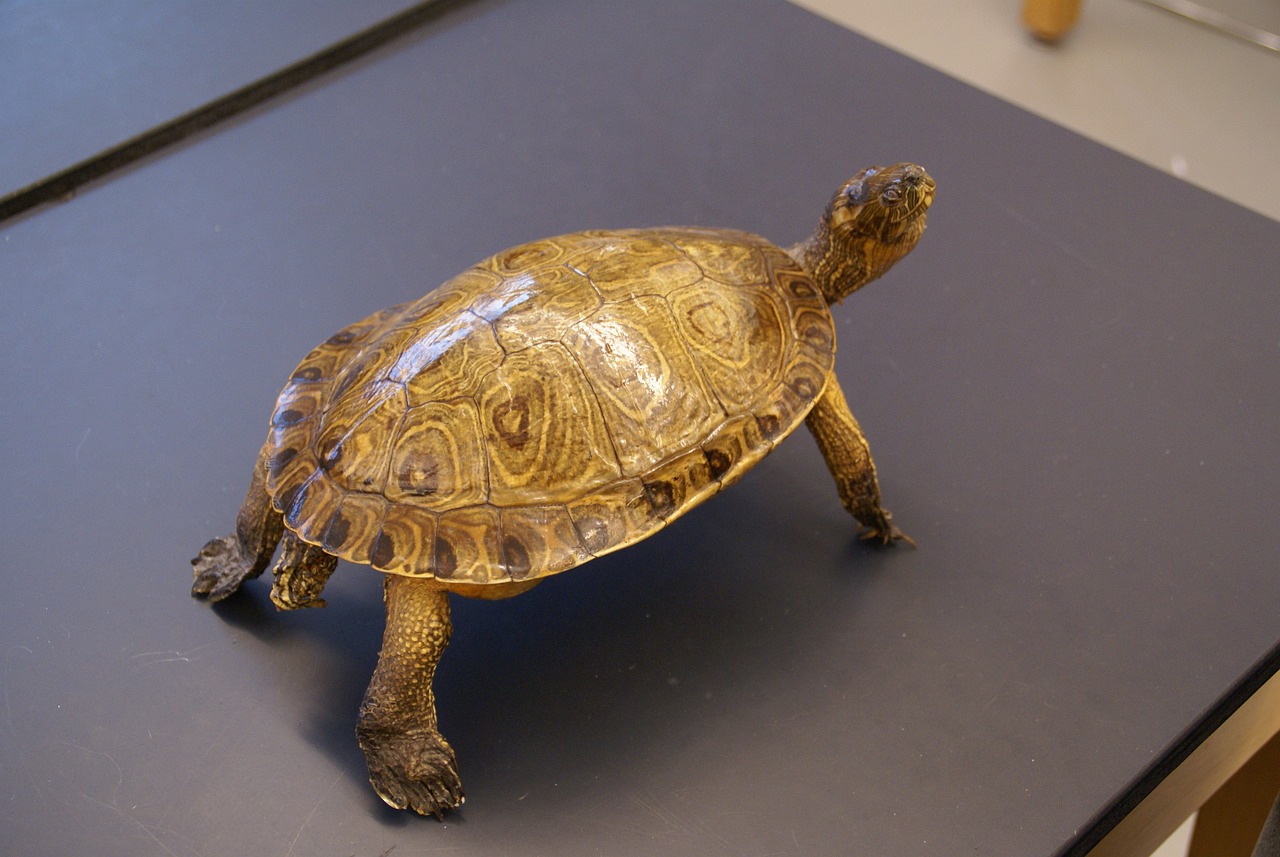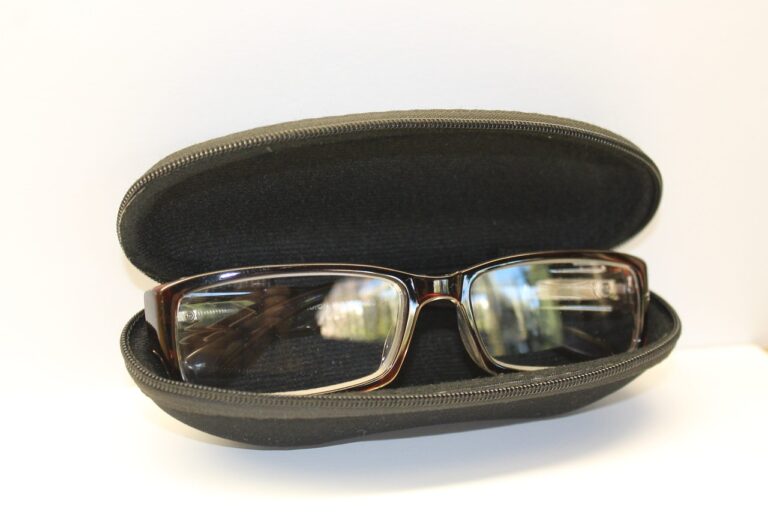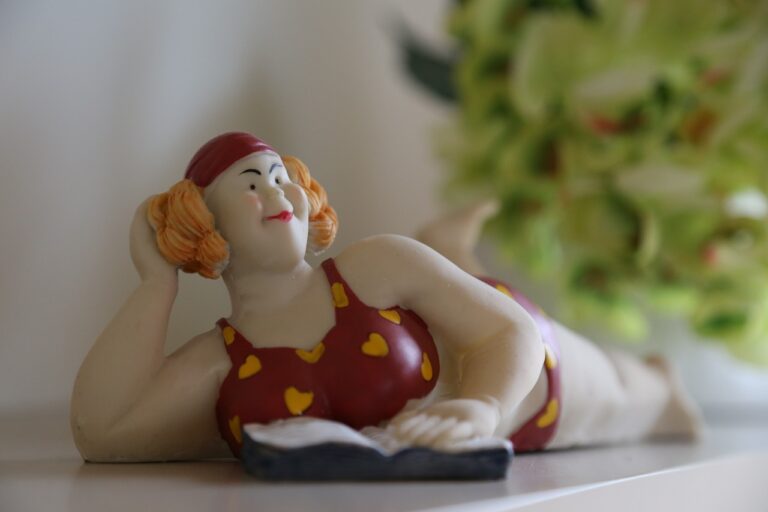The Influence of Social Media on Student Behavior and Academic Performance
With the widespread availability of smartphones and internet connectivity, students now have constant access to social media platforms. This easy access to social media allows students to stay connected with their peers, share their thoughts and experiences, and engage in virtual social interactions. The convenience of being able to access social media anytime and anywhere contributes significantly to the increased use among students.
Moreover, the influence of social media influencers and celebrities plays a pivotal role in students’ increased social media use. Students often look up to these influencers for inspiration, fashion trends, lifestyle choices, and entertainment. As a result, they spend a considerable amount of time on social media platforms, following their favorite celebrities and keeping up with the latest updates in various aspects of their lives. This desire to stay connected with influencers and celebrities further fuels the increased use of social media among students.
Impact of Social Media on Student Behavior Inside the Classroom
Social media has undeniably made its mark on student behavior inside the classroom. One noticeable change is the constant urge to check notifications and messages during lectures, leading to distractions and decreased focus on the lesson at hand. As a result, students may miss important information and struggle to retain the material being taught, ultimately impacting their academic performance.
Moreover, the use of social media during class time can also disrupt the learning environment for other students. Whether it’s the sound of notification alerts or the sight of someone browsing through their feed, these distractions can create a ripple effect, affecting the concentration of those around them. This shift in behavior not only hinders individual learning but also disrupts the overall classroom dynamics, making it challenging for educators to maintain engagement and effectively deliver their lessons.
• The constant urge to check notifications and messages during lectures leads to distractions
• Students may miss important information and struggle to retain material being taught
• Academic performance can be impacted as a result
• Social media use during class time can disrupt the learning environment for other students
• Notification alerts and browsing through feeds can create distractions
• Concentration of those around them can be affected as well
Overall, the impact of social media on student behavior inside the classroom is evident in the form of decreased focus, disruptions in learning environments, and challenges for educators in maintaining engagement. It is crucial for students to recognize these effects and find ways to manage their social media usage effectively to ensure optimal academic performance and a conducive learning atmosphere for all.
Relationship Between Social Media Use and Academic Performance
Social media use has become pervasive among students, blurring the lines between academic pursuits and online interactions. The impact of social media on academic performance continues to be a subject of interest and concern for educators and parents alike. While some argue that social media can serve as a helpful educational tool, others raise alarms about its potential to distract students from their studies.
Research has shown a correlation between excessive social media use and lower academic achievement. The constant connectivity and instant gratification offered by social media platforms can disrupt students’ focus and attention, leading to reduced productivity and hindered learning outcomes. Moreover, the overconsumption of social media content may contribute to poor time management skills and procrastination, ultimately affecting students’ ability to meet academic deadlines and perform at their best.
Can social media use really impact academic performance?
Yes, research has shown that excessive use of social media can negatively affect students’ academic performance.
What are some factors contributing to increased social media use among students?
Factors such as peer pressure, FOMO (fear of missing out), easy access to smartphones, and the need for social validation can contribute to increased social media use among students.
How does social media impact student behavior inside the classroom?
Social media can lead to distractions, reduced focus, and decreased participation in class activities, which can ultimately affect students’ academic performance.
Is there a direct relationship between social media use and academic performance?
While the relationship may vary among individuals, studies have shown a correlation between excessive social media use and lower academic performance. It is important for students to balance their social media usage with their academic responsibilities.







